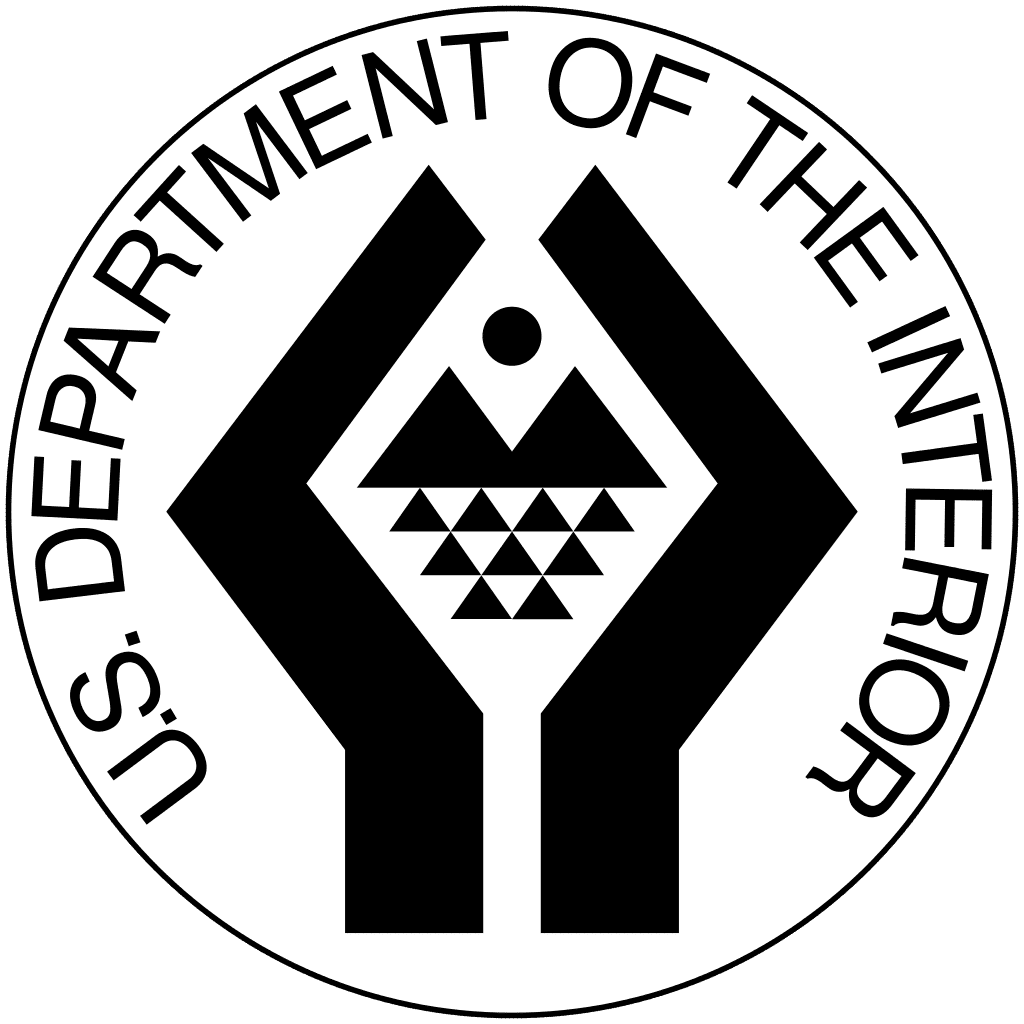Notarized Translation Services By A US Notary Public
When you need notarized translation services, you can count on Espresso Translations to provide the utmost in accuracy and precision. We use our global network of qualified translators and notaries for careful translation and notarization of official documents like birth certificates, academic transcripts and more. Our talented linguists work with many language pairs.



Request a Quote Now
We’ll get back to you with a competitive quote.
Professional notarized certified translation services for official documents
Espresso Translations offers notarized translation services in the United States in more than 150 languages, an essential feature when you need a document translated for official use. When the translation is complete, a notary public will verify the identity and signature of the person who did the translation.
Administrative documents, legal agreements, or certificates often require notarization in order to be issued to US agencies like the Department of State or foreign public entities.
When speed and efficiency are called for, look no further than Espresso Translations for high-quality professional notarized translation services that are promptly performed. Normally, we can finalize your translated and notarized documents in as little as two working days.
The translation process is easy, too. Simply send us your request along with clear electronic copies or scans of the source document you need translated. Our expert translators will complete the translation and then get a notary public to authenticate them.
And the cost? Espresso Translations gives you reliable, customized service on every translation at affordable rates, with prices starting from just $90 + VAT.
Our expert assistance and advice give you the assurance that your translated and notarized documents will be legally valid and accepted.
What is notarized translation?
In notarized translation services, a notary public adds their signature and seal to a certified translation.
First, a translator or translation agency translates the document in question into the target language. The translator adds a translation certification to the finalized translation. Then the translator appears before a notary public, showing a valid form of ID so that the notary will verify the identity of the translator and authenticate the signature of the translator on the certified translation.
A notarized translation involves this extra step, which lends credibility to the process. You should note that the translator is the person who attests that the translation is complete and accurate. The notary public simply checks that the certification was signed by the translator, rather than proving that the document was correctly translated.
What documents need notarized translation in the US?
You may request notarized translations in the US for many documents including the following:
- Legal translations
- Marriage certificates and diplomas
- USCIS certified immigration documents
- Agreements and contracts
- Court proceedings
- Academic documents
To submit documents to government agencies in the United States, generally a certified translation is adequate, although some embassies might require them to be notarized by a notary public in the US.
You will find that entities in foreign countries will more often require certified notarized translation services. Fortunately, Espresso Translations has partnerships with public notaries located around the world.
Why choose our fast and reliable notary translation service in the US?
The availability of notary translation services can vary in the United States. Espresso Translations has the kind of experience and knowledge to provide this and other great document translation services. When it comes to certified translators and notarized document translations, our translation company is known for accuracy and efficiency.
Every country has different requirements for official translation and notarization, so let our trusted team of experts guide you toward the exact notary translation requirements for a given country.
You may also be pleased to note that Espresso Translations is ISO 17100-certified. This means that your documents and certificates will be translated to the highest levels of quality.
US government-approved notary translation
Some government agencies in the US, like the Department of State and the USCIS, need a certified translation of any documents submitted to them. Notarization is generally not required for immigration services, but having a notary certify the translator’s credentials can make the translation more credible.



How do I get a translation notarized? Notarization Process
If you need translation notarization in the US, Espresso Translations can assist you with fast and accurate translations of documents that are also notarized. Just email us clear, scanned copies of your original documents by email. We will get back to you quickly with a free quote for a service that includes both the translation and the notarization.
Next, our team of professional translators will translate and certify your document to meet the highest standards. Then the professional translator takes the certified translated document to a notary for notarization. We will send back digital copies of the translation and notary certification. If needed, we can also send you hard copies via postal mail for a small fee.
How do I find notarized translation services near me?
At Espresso Translations, we offer notarized translation services online, so we are as close as your keyboard or phone. Our team is based in London, but our network of translators and notaries extends to more than 50 countries around the globe, so our services are also available wherever you need them.
Thanks to the growth of remote notary certification services, online translation notarization requests are becoming increasingly popular, and we are now able to assist with notarized translation services in many countries.
If you need a translation done with online notary public services, get in touch with us today. We will arrange a call when we can discuss your exact requirements.
Ready To Get Started?
Send us your project request, and we’ll get back to you within 1 hour with a competitive quote.
How long does it take to notarize a translation in the US?
Most often, getting a translation notarized in the United States will take about two working days. Other factors like the length of the document, tricky formatting, and complex or specialized language may also affect the turnaround time of the translation itself.
For the notarization services, an appointment needs to be made that is subject to the notary’s schedule. Then it should take no more than 15–20 minutes for the notary to verify the translator’s identity and affix their signature and seal to the certificate of translation.
How much does it cost to notarize a translation?
The cost of your translation will depend on how many pages (or words) need to be translated and notarized. The minimum fee for a notarized translation is $90 plus VAT.
Contact Espresso Translations today so we can customize the translation and notary services that best meet your requirements for quality and affordability.
What do our clients say?
We pride ourselves on excellent customer service, including speedy support and comprehensive guidance from our project managers. Check out our customer reviews:
I recently utilized the notarised translation services offered by Espresso Translations, and I must say that I am thoroughly impressed. From start to finish, the entire process was seamless and efficient.
– David
HHS
The translations provided by Espresso Translations were of exceptional quality. The accuracy and precision with which they translated my official documents were impressive.
– Paul
US Embassy
Request a Quote Now
We will get back to you within 1 hour
Excellent


Frequently Asked Questions
Can I translate a document and have it notarized?
Technically, this is possible, but it is not advisable. Many organizations and governments will not consider translations you performed yourself to be legally valid. For greater chances that your translation will be accepted, we recommend that you get the translation done by an unrelated third party—such as Espresso Translations—and have that third party also handle the notarization.
Can I notarize my own translation?
You cannot do this, even if you are a notary public yourself. This is because an impartial witness is needed for the third-party verification process inherent in notarization, and you would not be considered an impartial witness to your own statements. You should definitely seek the services of a qualified notary public so that the translation includes proper notarization.
Can a notary translate a document?
If, by chance, you find a notary public who can also provide certified translation services, that person could not notarize their own translation in any case. In other words, an individual can serve as either a translator or a notary public but not both at the same time. Getting a document translated and then getting that document notarized will always be a two-part process.
Who can provide certified and notarized translations?
The most important factor in hiring someone to provide notarized translation services is finding a translator or translation agency with a proven reputation for quality work. Online reviews can give you an indication of the translator’s image.
Credentials can be another way to judge a translator’s quality. Look for ISO certification in Europe or the UK. In the US, the translator may have American Translators Association (ATA) credentials or United Nations translation accreditation from the American Society of Travel Advisers/USA (ASTA-USA).
What is a notary public and what is their role in translation services?
Governments authorize a legal professional called a notary public to check and approve legal formalities like identifying persons and witnessing signatures. When a translation is involved, the notary will verify the translator’s identity and act as a witness to them signing the translation certification. The notary may or may not even understand the language the document was translated into, because the point is for them to check the identity of the signer of the translation certificate.
Are notarized translations recognized internationally?
Different countries require different procedures for notarized translations. Some may demand verification from a notary in that particular country, while others may accept a notarization performed in another country.
If you are not sure if your particular case will require notarized translation, you should know that Espresso Translations can offer guidance in navigating the red tape that surrounds translations done for official purposes.
How can I get a notarized translation abroad?
This will be easy if you let Espresso Translation help with your project. We can get your translations professionally notarized almost anywhere.
Birth certificates or marriage certificates, education transcripts, legal documents and intellectual property papers are examples of documents that commonly need notarized translations. You will find that governmental organizations in foreign countries often require multilingual documents to be translated into that country’s official language, then for them to be notarized by a local public notary, and then possibly getting an apostille added after that.
Can a UK notary notarize a US document?
Entities in the United States will commonly accept documents that have been notarized by a notary public in the United Kingdom. However some individual states may demand that a notarized translation also get an apostille to “legalize” the whole package.
Can a US attorney notarize a translation?
Being an attorney does not automatically qualify a person to perform notary functions. The attorney cannot notarize a translation unless they also have obtained government approval to be a notary public. Only then can they authenticate a translated document for official procedures.
What is the difference between a certified translation and notarized translation?
A notarized translation is very similar to a certified translation, so this can get confusing. In essence, a certificate of translation is a first step for a translation. For that step, the translation must have a certificate attached declaring the accuracy of the translation.
The notarization is the second step, when the translator take the translated documents to a notary public. The notary checks the translator’s identity and authenticates the translator’s signature on the certificate of accuracy.